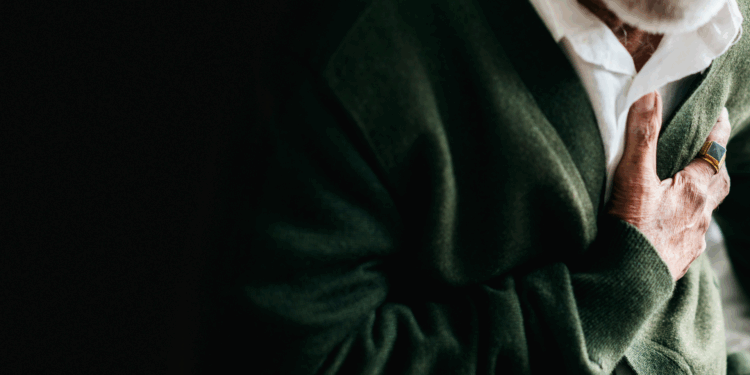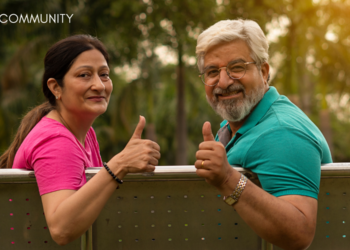Often, in the case of a heart attack, after the person has passed away, we hear the lament of
if only we had acted in time. Indeed, the symptoms of heart attack are often misunderstood
as gastric issues. Hence, people ignore it, thinking it will disappear in a while. However, in
heart attacks, there is a golden hour within which if people get medical help, their lives can
be saved. Sadly, not enough awareness is there on the issue. In a few cases, the people
brush off help with an I will be fine approach. And we end up losing precious lives. So, let’s try and understand the differences to see if we can try and save more lives.
Understanding chest pain
We all know that a heart attack often causes chest pain which may radiate to the back or the
left arm. Gas also causes chest tightness and pain. But it may also create flatulence,
belching, bloating, etc. However, chest pain due to heart attacks may manifest in other symptoms like shortness of breath, palpitations, increased heart rate, and discomfort in the
neck, jaw, back, shoulders, arms, etc. You may also sweat a lot and feel lightheaded. At
times, nausea and vomiting may also happen.
The heart attack pain feels more like a rightness and squeezing sensation rather than a
mere discomfort. Sadly, some people experience heart attacks without any chest pain and
with possibly a few of the other symptoms mentioned. Hence, please note that you cannot conclude it not to be a heart attack because you do not have chest pain.
How do you respond to these symptoms?
If you experience these symptoms and suspect it to be a gastric issue, try an antacid or a
home remedy for gas such as Jeera water, to see if it helps. There are fast-acting over-the–
counter medicines for gastric that give immediate relief. If the pain lessens, you could wait a
while to see if it fully subsides. But if the pain, tightness or any other symptoms last longer
than a few minutes, it’s best to seek help rather than leave it too late. Even if it gets diagnosed as gastric pain, it’s better to be sure and save a life than repent later.
Visit your nearest clinic or hospital, where they may first do an ECG to see if there is any variation in the functioning of the heart. If ECD indicates issues, they will immediately start follow-up diagnosis and treatment. If not, they will try to see what else caused the chest pain and may treat you for gastric issues or order further tests. Further tests may include echocardiogram, angiogram, blood tests, heart MRI, etc.
What to do if it’s a heart attack?
Without fail, one must call an ambulance or rush the patient to the nearest emergency room.
If the person becomes unresponsive, if you or someone around knows how to provide CPR,
please administer it. Otherwise, calm the person down, make them comfortable, and remove
any tight clothing. Keep talking to them calmly and tell them help is at hand. At this point,
please do not feed them anything, especially any medicines. Ensure you do not leave them
unattended, as they may panic, causing more anxiety and complications. Also, in such
cases, they lose consciousness. Stay till help arrives and ensure they are taken to the
nearest hospital. If you know their medical history/files, kindly hand them over to the medical
staff, as it might help the doctors start treatment faster.
Remember, heart attacks are not always fatal or debilitating. People can live an enjoyable
life satisfactorily even after surviging a heart attack. One only needs to follow the doctor’s.
advice to the T, whether diet, exercise, or medications.

Samarth membership gives you access to discounts, programs and services just for you!
Join Now >









